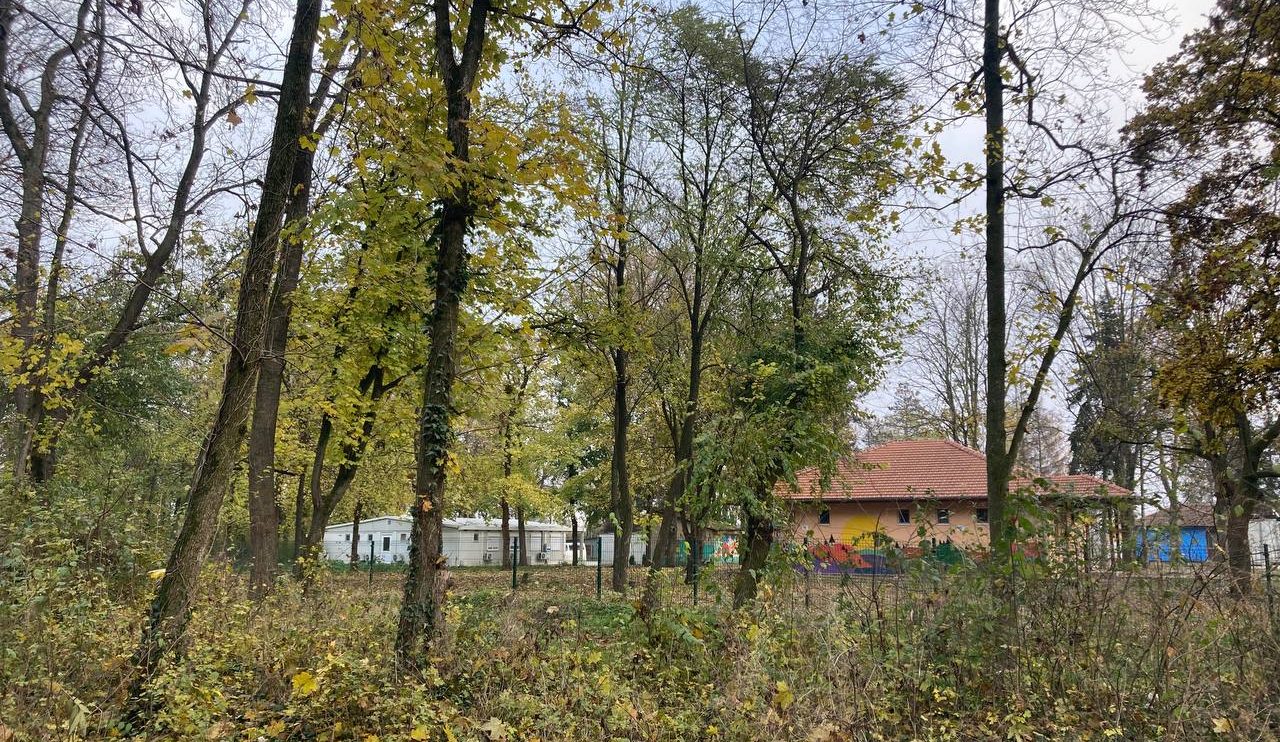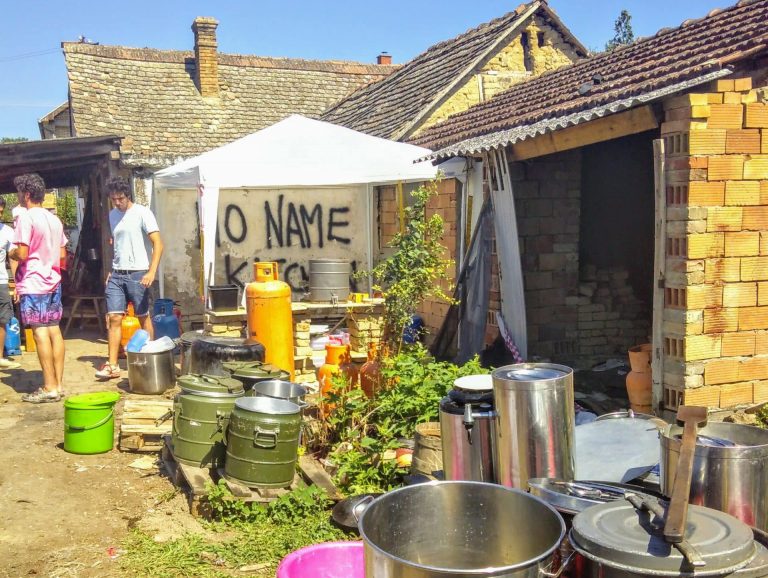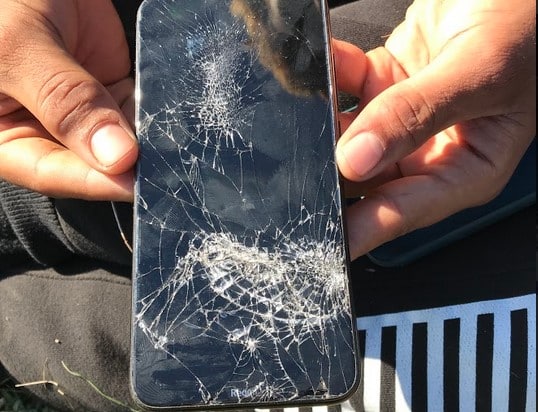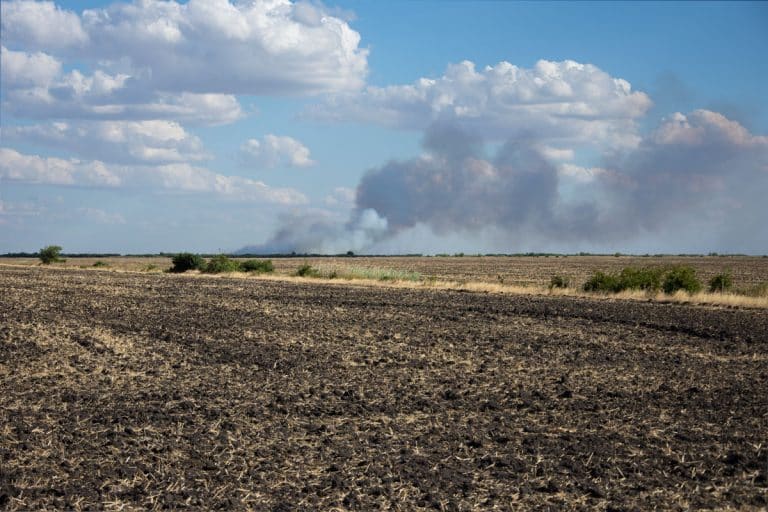Text by Letizia De Palo and Mirka Del Pasqua
Sombor Transition Centre is situated in Sombor, in the northern area of Serbia, between the border with Hungary and Croatia. It is composed of two buildings in a former military warehouse and officially it can host up to 380 people.
During the years, the number of hosts has always been increasing, according to official data, at the expense of quality of services, available facilities and hygiene and sanitary conditions, resulting in a lack of necessary requirements for the respect of human dignity.
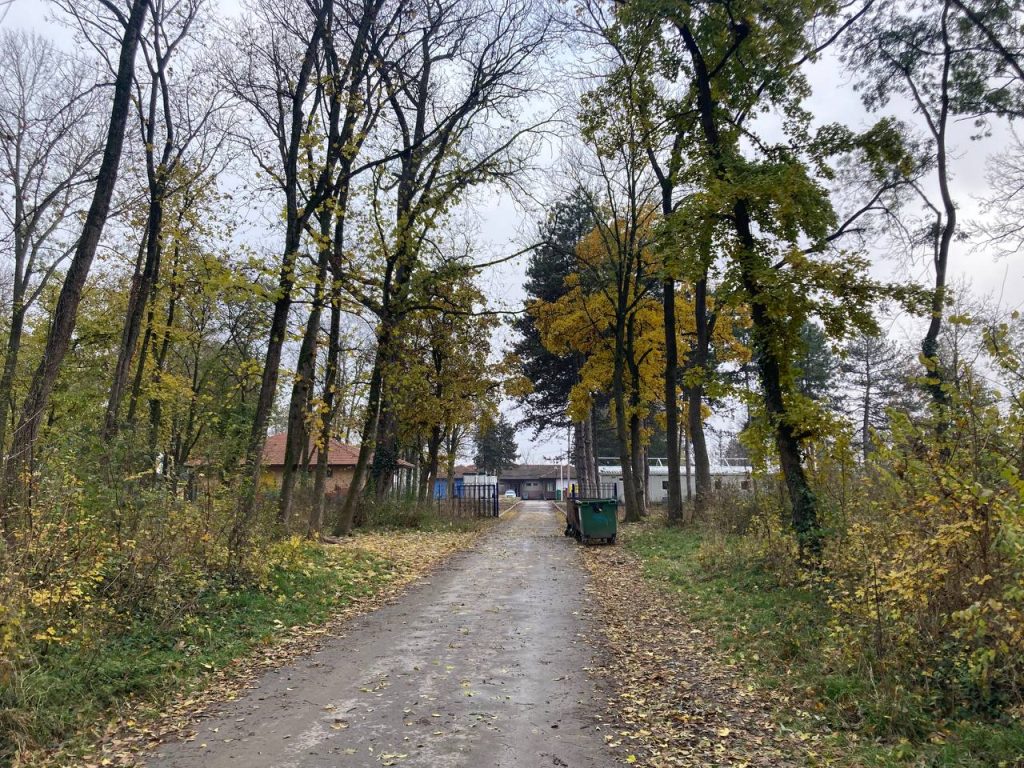
Why do we talk about Sombor Transition Centre?
In the context of the Special Operation carried out by the Serbian government, the camp in Sombor had become the last Centre in the North to host people on the move: from the last testimonies we received, 700 people had been moved there over the course of two weeks, from other camps, like the ones in Kikinda and Subotica, and informal shelters of North Serbia.
As No Name Kitchen, we received many requests for support. Reportedly, the situation in the Camp was dramatic: most of the people could not sleep inside of the camp but had to settle down in the public park area around, did not receive enough and appropriate food, as well as clothes and blankets to protect themselves from the cold temperatures. The “lucky” ones that could find shelter inside, were sleeping on the floor in critical hygiene conditions. Medical treatment as well was insufficient.
The camp was hosting many people, including young men, women, children, and unaccompanied minors.
We witnessed a high police presence around the public area, which also prevented us from accessing the park on several occasions. This obstruction to our work was backed up by contradicting information. More than once, we had to head back home with the frustration of a van still full of food and necessary items that we could not distribute to people in such high need.


From what we have seen, people could not even get out of the patrolled area, being arbitrarily detained in a camp where they didn’t fit.
In this situation, aggravated by the tightening up of the European borders, many people lost hope and told us they had begun experiencing serious mental issues and suicidal thoughts.
An escalation of violence
Sadly, physical and mental violence was a daily reality. People told us that police presence created tension and an atmosphere of fear and increased the terror of being forcibly moved to the South or to jail.
A witness told us that in the night between the 12th and 13th of November, police burst into the camp, causing panic among the people that started to run trying to escape, even barefoot. Eventually, police went away with seven people, leaving behind anguish and stress. A few days later, in the late afternoon of the 15th of November, police burst into the park. They came in violently and without any kind of explanation, demolished the settlement and set tents on fire, to then leave. Reportedly, not having any time to react and run, four people got seriously injured in the fire.
The eviction, Saturday 18th
On the early morning of Sunday the 19th, at 6 am, the eviction happened.
In what follows, we report on the events of the day according to the testimony of two Syrian men between 22 and 30 years old.
Many police cars surrounded the camp and the park around it. Around 50 policemen, fully armed, got out of the cars, waking people up by screaming, beating them up and using pepper spray against them.
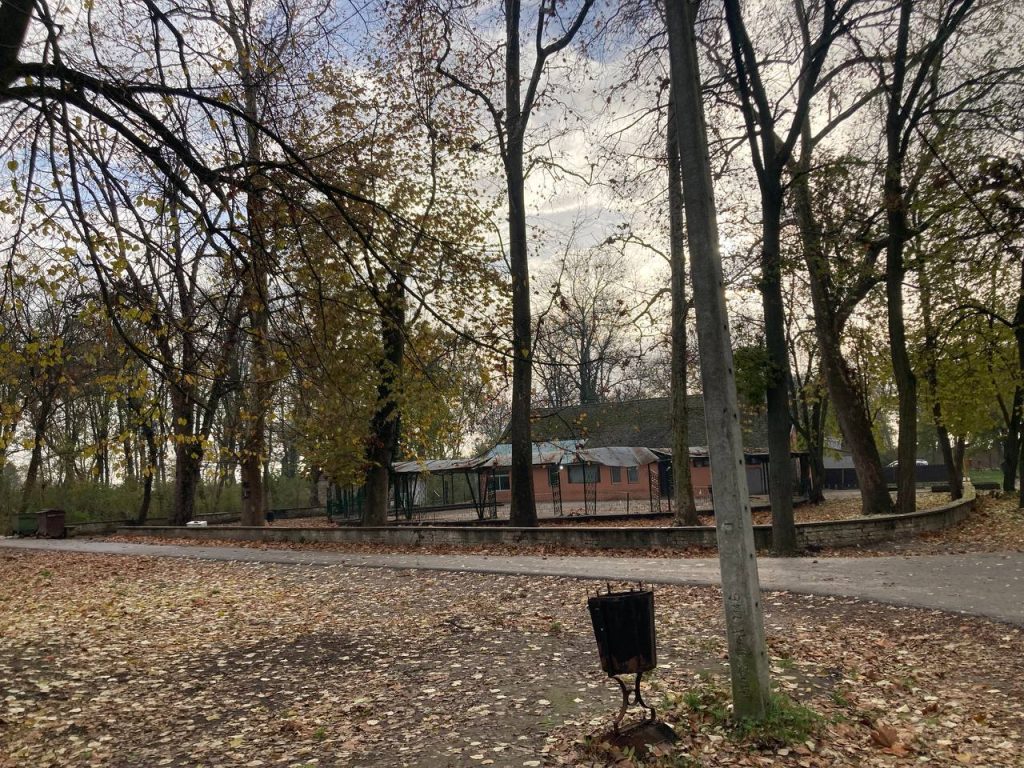
Seemingly, the operation was carried out by regular police units, Intelligence, and the Serbian Army. According to the testimonies, they were carrying with them Kalashnikovs, guns, batons, electric batons, and they were supported by dogs and drones to reach the people that tried to escape.
They gathered all the people in the square, forcing them to sit on their knees and with the hands behind their head. After gathering everyone up, police officers started to beat them up with punches and kicks, and with electric batons.
Police stole everybody’s phones, and some were also asked to pay a fine of 30.000 dinars to avoid being sent to jail. Whilst the people who could pay were taken to other camps, we have no information about what happened to the others.
Fourteen police buses were then filled up with people who were taken to other camps in Serbia, most of them in camps close to Sid area, where NNK is present as well, in already overcrowded centers.
We managed to talk with two people in Adasevci Camp who showed us their wounds on the neck and on the legs, poorly and hastily treated by the doctors of the new camp they’re in.
“They don’t even consider us as humans”
“They don’t even consider us as humans”. He goes on, “They brought us here without any explanation”. On 23rd of November they told us that inside the camp they are hosted now there are people still struggling with the wounds of the eviction. “They have been beaten with electric sticks in the eyes, which are now completely swollen.”
“They have been beaten with electric sticks in the eyes, which are now completely swollen.”
Now, transit centers near Croatia, host up to one thousand people. They are stuck in the Serbian winter, with the perspective of prolonging their stay for an indefinite time.
“My parents died last month from a Turkish attack. I had to leave to move on with my life.”
“My parents died last month from a Turkish attack. I had to leave to move on with my life.”
People in the new camps continue to live in uncertain and dire conditions, subjected to physical and psychological violence. Yet, they cannot move on.

